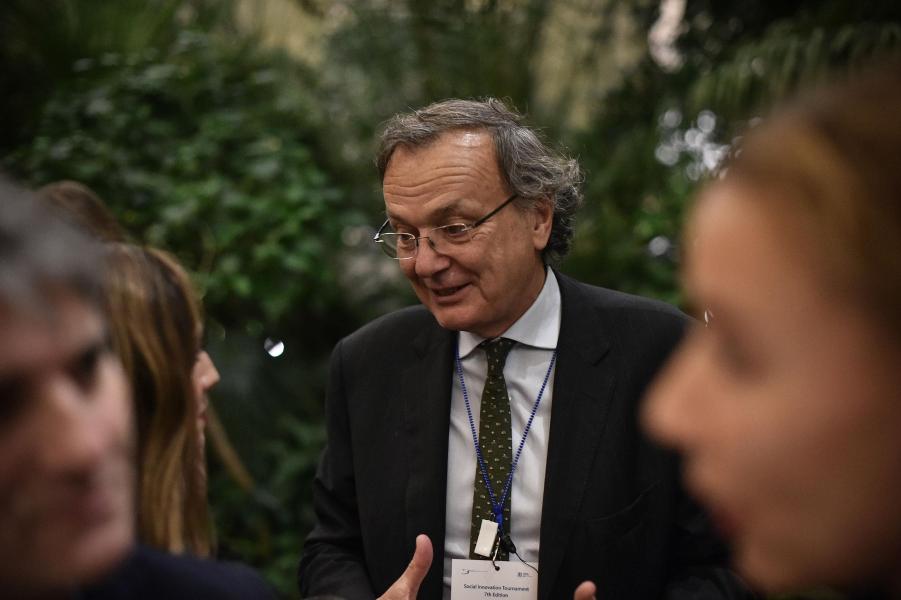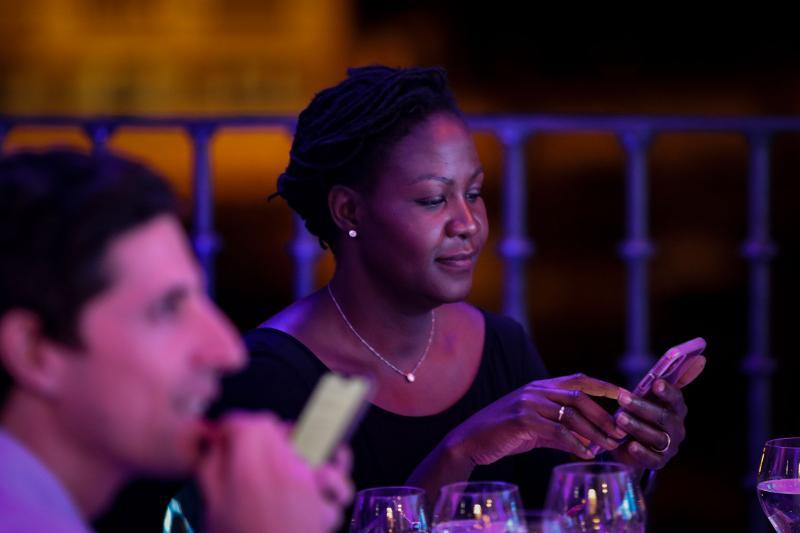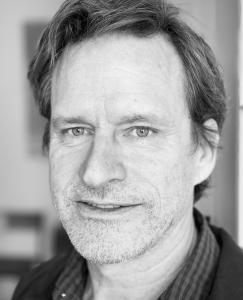At the Social Innovation Tournament, impact, ideas, and team quality are key factors for the judges when choosing the winning entrepreneurs. Here’s a take on the tournament from their perspective.
The stage is set, and the annual Social Innovation Tournament, sponsored by the EIB Institute, is about to begin.
In Vienna at the end of September, 15 start-ups will compete for as much as €75.000 to help them increase the impact of their ventures. Even the finalists who don’t win prize money will join a community of like-minded entrepreneurs for training, networking and to make contacts with investors.
Some participants are hoping to commercialise science-based inventions, some are focused on addressing the climate crisis, and some have created enterprises to help other societal issues. Each will have just a few minutes on stage to convince the judges.
It’s a high-pressure and entertaining event that features entrepreneurs who want to change the world.
Making complex decisions with long-term effects
The judges on the jury have only a matter of hours to make complex decisions on the candidates.
Justina Alders-Sheya is a fund manager with Triodos Investment Management, a Dutch firm focused on investing to create positive change. She will be on the jury for the fourth time this year.
She says the debate among the judges is always intense, especially considering the wide range of companies.
“How do we allow for diversity in the kind of projects that we choose while we’re trying to address global issues?” she says. “Which one of these three, four or five finalists is going to create the most impact?”
Olivier de Guerre is the founder and president of Phitrust, a French asset management company dedicated to responsible investments. He has been a judge in all 11 Social Innovation Tournaments.

Olivier de Guerre, the founder and president of Phitrust, believes in giving opportunities to projects that create the most impact.
“I really believe we need impact entrepreneurs to solve some issues that large companies or classical NGOs cannot solve,” he says. “And the best way to help them scale their impact is to help them find people that are going to help them from the beginning to accelerate, and to find funding. And it’s very useful for investors like us to identify projects we could support in the future.”
How the judges make their decisions
For another judge, Elena Casolari, co-founder of OPES Italia Sicaf EuVECA, which invests in impact enterprises in Italy, the composition and quality of the team is paramount.
“It’s about a team supporting a core idea,” she says. “A team that has been together, believed in this idea together, and struggled together. If the team is good, it will be able to overcome financial stress and make the company sustainable.”
All three judges emphasized quantifiable impact as a decisive factor.
“I need to feel the passion and intentionality about the impact,” Elena says.
Justina says, “The very first thing I look for is whether the initiative is going to address an existing need. That for me is the key question. If that has been established, then I know the foundation of this project is meant to create a certain impact.”

Justina Alders-Sheya, fund manager with Triodos Investment Management, thinks initiatives need to address an existing need to be impactful.
Olivier says his checklist for a successful startup begins with establishing its potential for social or environmental impact and that he believes in what they want to achieve. “Second, you need a team that has the capacity to take this project and bring it where they want to be,” he says. “And third, a business plan that proves that you have the means — in terms of people and money — to achieve where you want to go.”
As the longest serving judge, Olivier has a unique perspective. He says the quality of the ventures is much higher now and the pitches are much more polished.
“First, the market has evolved very much,” he says. “The products we are seeing now are much more structured, organised, and developed than 11 years ago. Second, the tournament has changed a lot. The quality of the presentations and the business plans is much higher today than it was at the beginning. I think the EIB Institute has done a lot of work to help the teams to structure and improve their business plans and pitches.”
For Elena Casolari, the Social Innovation Tournament is part of a larger movement that values businesses that are helping society or the environment.
“We shouldn’t believe any longer that there’s a trade-off between impact and financial performance,” she says. “If your idea stands on its own two feet and is really sound, you can accomplish both.”
The 2022 EIB Social Innovation Tournament
The pitching competition of the 2022 EIB Social Innovation Tournament is open to anyone who would like to watch online or be part of the audience.
The event is in Vienna on 29 September 2022 at Erste Campus, Grand Hall (Am Belvedere 1, 1100 Vienna).
With the support of Erste Group and Erste Stiftung, the tournament will award five top prizes: one general category prize of €75.000, one in the special category of the blue or green economy for the same amount, and two second-place awards of €30.000. There is also an audience favourite award of €10,000. The special blue category relates to the oceans and marine issues and the green category covers environmentally and socially sustainable economies.
